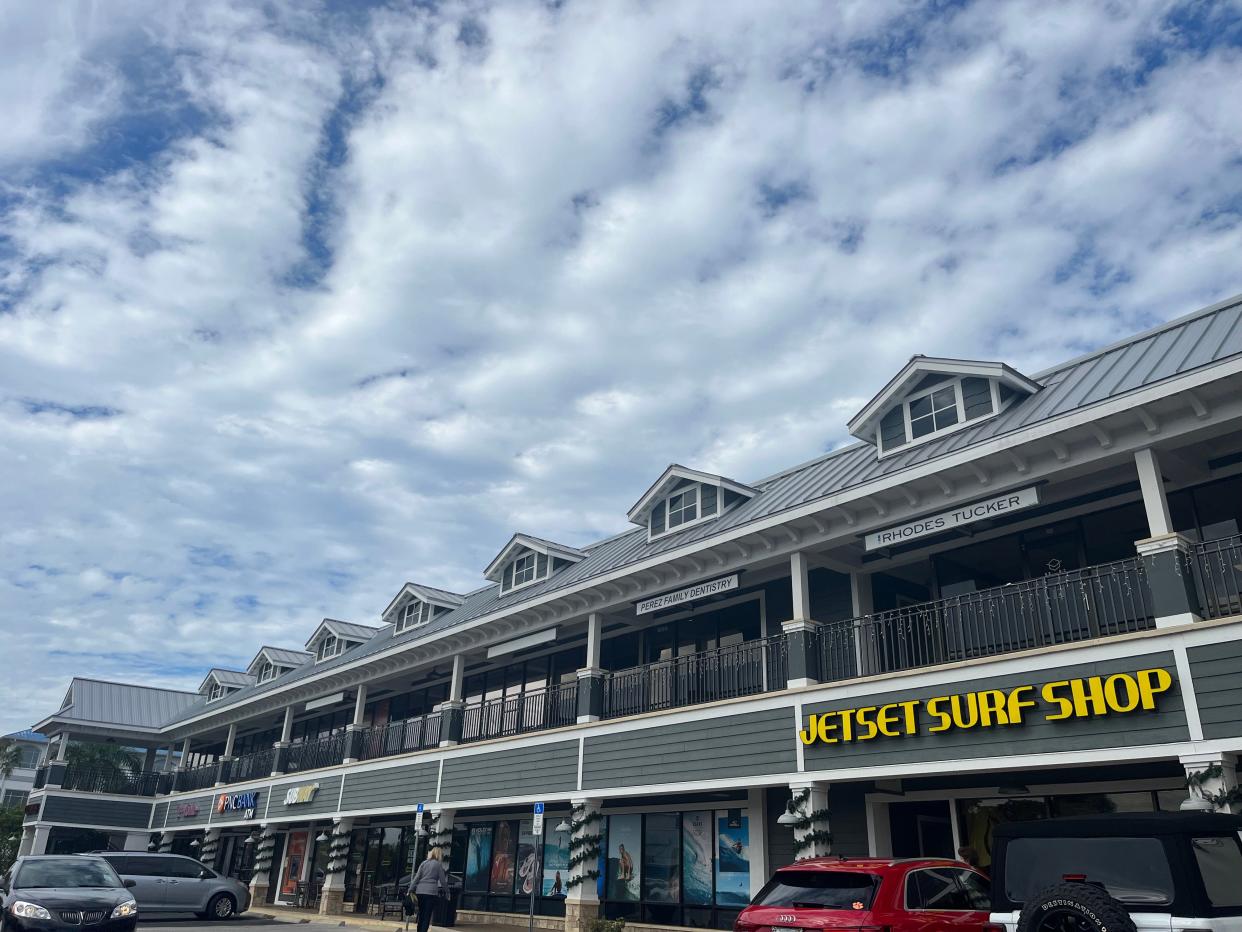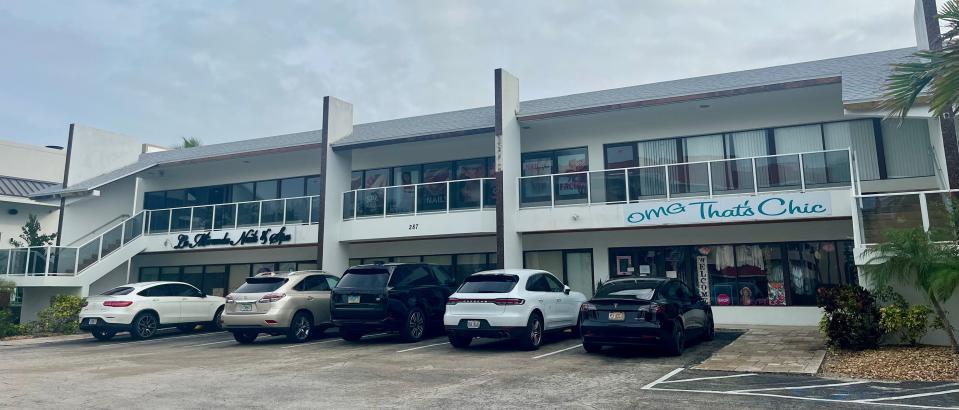Marco Island planning board wants staff to revamp affordable housing plans

Marco Island's city council will have to wait until February to consider an affordable housing plan to help the city's employers and employees because the Planning Board wants a staff-proposal revamped.
On Friday, planning board members discussed affordable housing for almost an hour and a half, disagreeing on whether a new process should be created or just an add-on to current permitting rules and what that would look like.The city council asked planning staff to look at ways to help create affordable housing on the island. Any new regulations will need the council's approval.
"We’re just trying to figure out what the process looks like," said board member Hayden Dublois. "There is a benefit in having an ordinance for on-island workforce housing."
Board Chairman Jason Bailey agreed but said, "I don’t feel like we should bend over backwards and make this easy."
What was presented
Under the presented proposal, any property owner wishing to convert a second-story or above-office in a commercial district to an apartment must meet with Marco Island growth management staff to discuss the project; plans must be submitted by a licensed professional; sites plans are required that show existing square footage of the existing commercial space and a parking matrix; and provide a floor plan of the proposed layout and square footage.
Efficiency and one-bedroom apartments must have a minimum of 450 square feet; two-bedrooms must have a minimum square footage of 650; and three-bedrooms must have 900 square feet. No more than eight units per acre would be allowed for Village Commercial; no more than 12 units per acre for Community Commercial, Heavy Commercial or Town Center/Mixed Use.
Another requirement would be that commercial should be no less than 50% of the project. Any required parking deficiencies may be made up with providing bike racks and charging stations for electric bikes or any other mode of transportation deemed equivalent by the director. Board members wanted that section removed.
A required 30-year deed restriction on converted properties converted would mean the apartments wouldn't be allowed to go to market value rates for those three decades.
Adding an affordable housing component to the city's permitting process would align the city's Land Development Code with the Live Local Act state law that went into effect in July. Live Local Act is a state law designed to encourage the development of affordable and workforce housing and has some requirements for municipalities.
Requiring a Neighborhood Information Meeting
Hayden said he would prefer a separate ordinance; others disagreed.
Planning board members also said they also want a requirement for a neighborhood information meeting, or NIM.
"Whether what they have to say is valid, intelligent or otherwise, as a citizen they have a right to say that, right," asked Bailey. "Someone might say 'I don’t want poor people living next to me. 'It could be totally off base and totally uneducated but nonetheless they have a right to say that."
The board also asked that parking requirements match current commercial and mixed-use rules without extra credits decided by Community Affairs Director Dan Smith for accommodating non-vehicle modes of transportation such as electric bike charging stations and skateboard racks.
There won't be any extra parking, Smith pointed out, just a conversion from parking for the offices to parking for the apartments.
City Planning Manager Mary Holden, who presented the separate ordinance proposal, after listening to the board and answering questions encouraged members to add affordable housing as a conditional use under existing rules.
'Unintended consequences?'
Either way, developers and building owners will have to go through a process and get approvals to meet state affordable housing standards and Marco Island planning rules, Holden said.
Board member Nannette Rivera expressed concerns about who would be living in the apartments and "unintended consequences."
"I’m not going to give a carte blanche," she said.
"This is a code regulation. This does not give carte blanch approval for anyone to go in and convert upper levels to apartments," Holden said in response. "This gives them the opportunity and they must follow the process and the comp plan. … This is a tool."
'It's not just waiters and bus staff'
She reminded the board that affordable housing is needed for a variety of job holders.
"It’s not just waiters and bus staff," she said. "It's people like me. It’s police and fire and city staff."
In general, the income eligible household is said to be living in affordable housing when it spends no more than 30% of its income on either rent or mortgage payments, according to the Florida Affordable Housing Coalition.
In Collier County, 61.4% of jobs in Collier pay less than $33,250 per year, while the average monthly rental cost hovers over $1,500 a month, and the average home price is more than $341,000, according to the Collier County Community and Human Services Division.

Joseph Oliverio, who owns three restaurants on Collier Boulevard – Joey's Pizza & Pasta House, Dorreen's Cup of Joe and La Mesa, told the board he purchased a building between the restaurants to convert upstairs offices to affordable apartments for his employees.
"We need to do something," Oliverio said. "I happened to have an opportunity to create workforce housing that’s close to my business. But many people can’t."
He had planned to go through the mixed-use permitting process, partly because "I would never want to deed restrict my property." Smith told him his building isn't in the right commercial overlay to allow that.
Need for definition, permitting
And that's the big reason for a special ordinance or code, Smith said. "Not all of our commercial areas allow mixed use."
The board asked Holden and Smith to return next month with proposals for both an ordinance with their updates and a conditional use addition for them to consider. They also want to know where Marco Island is in terms of total density since City Council's request include a requirement that no density be added.
"This density table isn’t changing in any way, shape or form," Holden said.
"Why don’t we stick with what works? Because affordable housing design, we’re still talking about it 20 years after Marco became a city and we haven’t solved it," Rivera said.
"We’re not looking to solve it; we’re looking to help," Holden said.
Previously: Marco Island to consider allowing office conversion to apartments for affordable housing
This article originally appeared on Naples Daily News: marco-island-planning-board-wants-affordable-housing-plan-revamped

